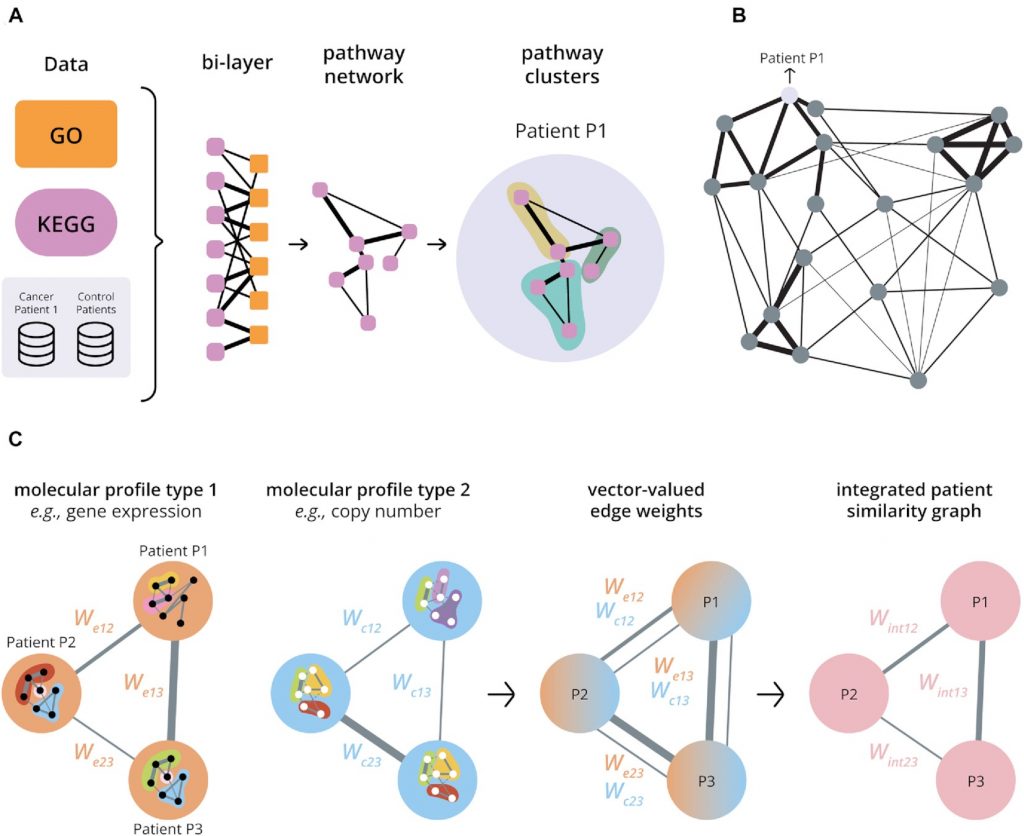L. Atanasova, M. Marchetti-Deschmann, A. Nemes, B. Bruckner, P. Rehulka, N. Stralis-Pavese, P.P. Łabaj PP, D.P. Kreil,* and S. Zeilinger.*
Sci Rep. 2023 Nov 15;13(1):19976. doi: 10.1038/s41598-023-47027-6. (Download)
Mycoparasitism is a key feature of Trichoderma (Hypocreales, Ascomycota) biocontrol agents. Recent studies of intracellular signal transduction pathways of the potent mycoparasite Trichoderma atroviride revealed the involvement of Tmk1, a mitogen-activated protein kinase (MAPK), in triggering the mycoparasitic response. We previously showed that mutants missing Tmk1 exhibit reduced mycoparasitic activity against several plant pathogenic fungi. In this study, we identified the most robustly regulated targets that were governed by Tmk1 during mycoparasitism using transcriptome and proteome profiling. Tmk1 mainly exerts a stimulating function for T. atroviride during its mycoparasitic interaction with the fungal plant pathogen Rhizoctonia solani, as reflected by 89% of strongly differently responding genes in the ∆tmk1 mutant compared to the wild type. Specifically, 54% of these genes showed strong downregulation in the response with a deletion of the tmk1 gene, whereas in the wild type the same genes were strongly upregulated during the interaction with the fungal host. These included the gene encoding the mycoparasitism-related proteinase Prb1; genes involved in signal transduction pathways such as a candidate coding for a conserved 14-3-3 protein, and a gene coding for Tmk2, the T. atroviride cell-wall integrity MAP kinase; genes encoding a specific siderophore synthetase, and multiple FAD-dependent oxidoreductases and aminotransferases. Due to the phosphorylating activity of Tmk1, different (phospho-)proteomics approaches were applied and identified proteins associated with cellular metabolism, energy production, protein synthesis and fate, and cell organization. Members of FAD- and NAD/NADP-binding-domain proteins, vesicular trafficking of molecules between cellular organelles, fungal translational, as well as protein folding apparatus were among others found to be phosphorylated by Tmk1 during mycoparasitism. Outstanding downregulation in the response of the ∆tmk1 mutant to the fungal host compared to the wild type at both the transcriptome and the proteome levels was observed for nitrilase, indicating that its defense and detoxification functions might be greatly dependent on Tmk1 during T. atroviride mycoparasitism. An intersection network analysis between the identified transcripts and proteins revealed a strong involvement of Tmk1 in molecular functions with GTPase and oxidoreductase activity. These data suggest that during T. atroviride mycoparasitism this MAPK mainly governs processes regulating cell responses to extracellular signals and those involved in reactive oxygen stress.

